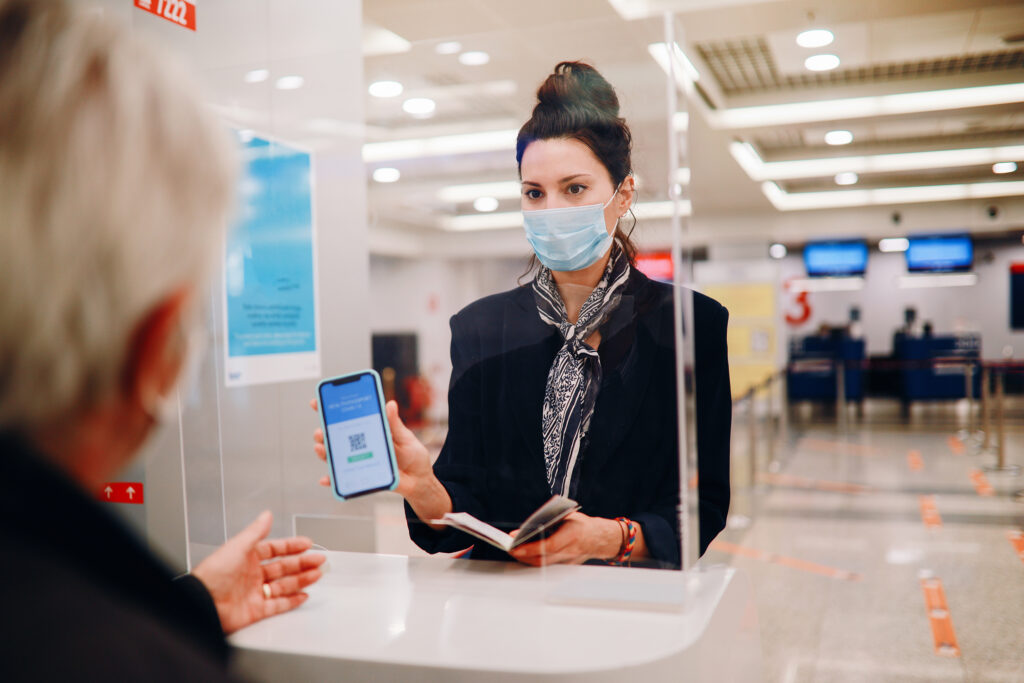Air transport IT provider SITA has made its Digital Travel Declaration solution for sharing passenger travel and health documentation available free of charge to governments globally.
Recent research from IATA highlighted that of 50 countries surveyed, 38 had some form of Covid-19 restriction on who could enter. For many countries, economic recovery from the Covid-19 pandemic relies heavily on travel and tourism. However, inefficiencies and a lack of common standards around managing health documentation remain the single biggest obstacle to rebuilding the travel and tourism industry and supporting economic growth.
David Lavorel, CEO of SITA at Airports and Borders, said, “In many cases, today’s onerous health requirements are discouraging travelers from flying, or leading to long lines at airports. As an industry-owned organization working at the crossroads of airlines, airports and governments, we are able to connect the dots and streamline processes around health documentation. Making Digital Travel Declaration freely available to governments will be an investment in the recovery of our industry, and we hope will go some way toward addressing the challenges we all face today.”
SITA has worked closely with governments, leveraging its Electronic Travel Authorization solution to deliver a health-oriented travel declaration that informs governments about passenger health status in advance of travel, and optionally issues authority to travel. Digital Travel Declaration has been operational and used by governments around the world since October 2020, making it easy for travelers to complete health declarations in a few quick steps. A response is shared as proof of approval to travel, so passengers can demonstrate to airlines and airports that they have all the correct documentation.
SITA is offering the entry-level configuration of its Digital Travel Declaration solution free of charge to all governments for 12 months.
While SITA’s Digital Travel Declaration addresses the current health documentation required during the Covid-19 pandemic, it can also be used to streamline the introduction of other travel requirements, such as future pandemics, local health concerns or more traditional security and immigration travel authorizations.

